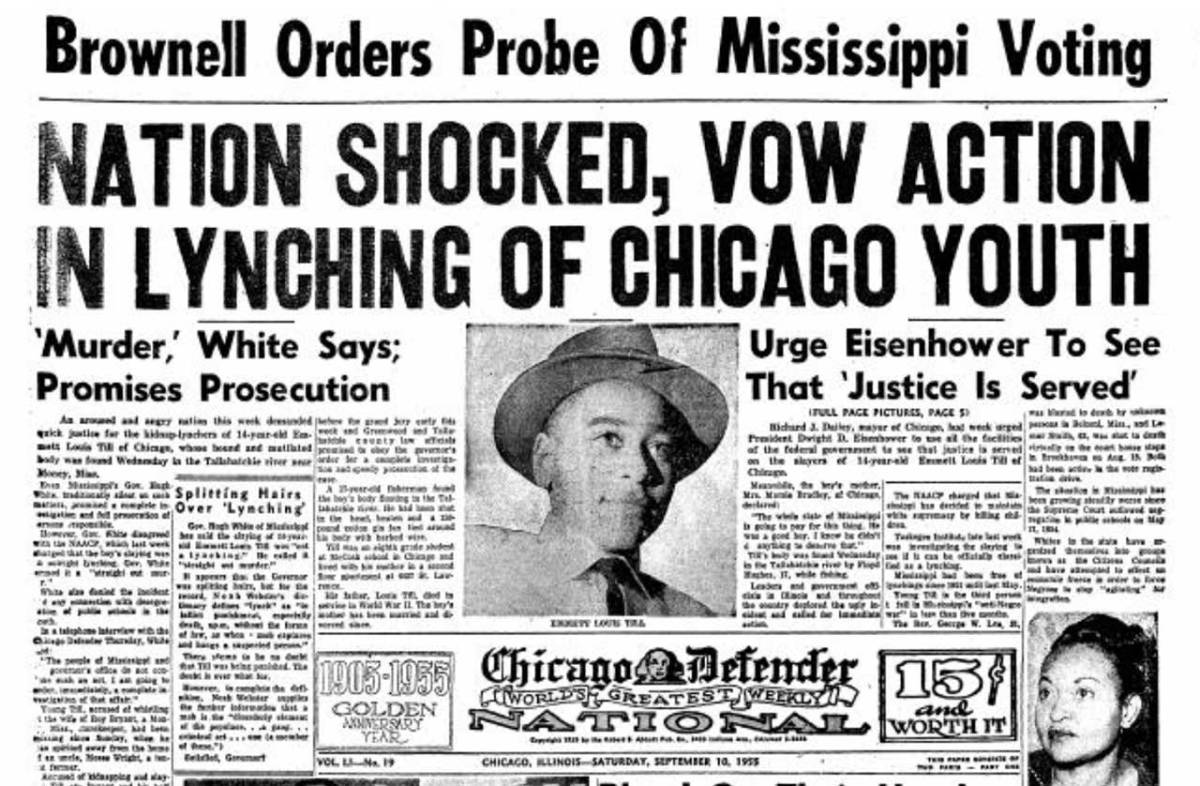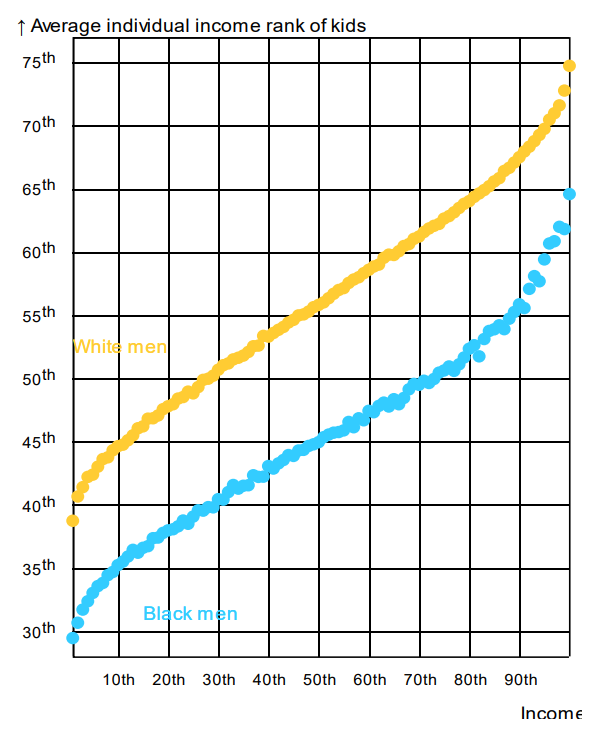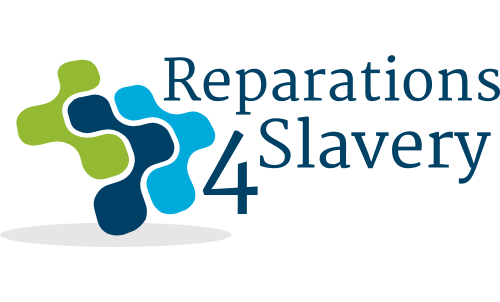
Reparations. Are. Due.
Descendants of enslaved Africans encounter the effects of institutional racism daily, whether it’s police brutality, or being shut out of employment opportunities, a good education or the ability to finance a home.
Despite an incredible resilience through 400 years of Inequality in America, institutional racism is so widespread and so embedded in our economy that African Americans have not reached economic parity with white Americans. As the U.S prepares for a demographic shift in the coming decades, the economic impacts from racism are beginning to show up in our G.D.P.
Racism has cost America $16 trillion this century alone - CNN
CLOSING THE RACIAL INEQUALITY GAPS: The Economic Cost of Black Inequality in the U.S. (citi.com)
How Institutional Racism Affects The U.S. Gross Domestic Product (forbes.com)
Reparations. Are. Due.
Descendants of the enslaved encounter the effects of institutional racism daily, whether it’s encountering violence, enduring racist comments, or being shut out of employment, a good education or the ability to finance a home.
Because institutional racism is so widespread and so embedded in our economy, African Americans have not reached economic parity with white Americans.
Not convinced? The Opportunity Insights Project provides troubling evidence.

Even when children grow up next to each other with parents who earn similar incomes, black boys fare worse than white boys in 99 percent of America. And the gaps only worsen in the kind of neighborhoods that promise low poverty and good schools.
According to the study, led by researchers at Stanford, Harvard and the Census Bureau, income inequality between blacks and whites is driven entirely by what happens among these boys and the men they become.
Black men consistently earn less than white men, regardless of whether they’re raised poor or rich.
Black men consistently earn less than white men, regardless of whether they’re raised poor or rich.
The case for reparations to descendants of enslaved people is quite simple: African-Americans were taken from their homes in Africa, enslaved and forced to work for white Americans for over 250 years in abysmal conditions with no remuneration. The “40 acres and a mule” promised to each black family upon emancipation was never delivered.
Just as wealth can be built and handed down the generations, so too can poverty. Black families currently amass just 1/10 the wealth that white families do.

Just as wealth can be built and handed down the generations, so too can poverty.

Even after emancipation, practices such as sharecropping and enactment of Jim Crow laws ensured that African Americans were economically hamstrung, effectively barred from participating in the American Dream. These practices continue to this day, evolving with the times, and have been well documented by economists, such as Duke University's Dr. William Darity.
HR-40, a bill to create a commission to study and develop reparation proposals for African-Americans has been advanced since the late 1980s, first by the late Representative John Conyers, and now by Representative Sheila Jackson Lee; however, to-date, the bill has remained side-lined.

Even after emancipation, practices such as sharecropping and enactment of Jim Crow laws ensured that African Americans were economically hamstrung, effectively barred from participating in the American Dream. These practices continue to this day, evolving with the times.
HR-40, a bill to create a commission to study and develop reparation proposals for African-Americans has been advanced since the late 1980s, first by the late Representative John Conyers, and now by Representative Sheila Jackson Lee; however, to-date, the bill has remained side-lined.
The U.S. made reparations to Japanese-Americans incarcerated during WWII.
Germany continues to make reparations to holocaust survivors and Israel after WWII.
Institutions such as Georgetown and the Princeton Theological Seminary are now pledging to make reparations for their ties to slavery.
What about white families? It's time we engaged in repair, too.
It is up to every white American to advance this cause and engage in direct repair. This site illustrates how this can be accomplished.

While others determine how our nation, as a whole, can repay its debt, this portal provides simple strategies and actions individual families can take to do their part.
TOGETHER WE CAN MAKE A DIFFERENCE
Many white families benefitted from slaveholding and slave-trading activities from the 1600s – 1865, whether we were actively involved or not. Many families made significant profits doing so – and still enjoy both the tangible and intangible of benefits of prosperity today. The rest of us? Over many generations, the racial wealth gap tells the story of our ascendancy.
Beyond financial assets, think, for a moment, about the advantages our white families have amassed: access to an excellent education and health care; a strong professional network of business associates; the knowledge and means to build wealth.
Many of these things can be described as family traditions that have lasted for generations: being brought up in the family trade or profession, attending the same university as your ancestors did; being “shown the ropes,” mentored by family friends and relations.
These invisible cultural benefits have served not only to preserve white structural advantage but to create a barrier to success for African Americans.
